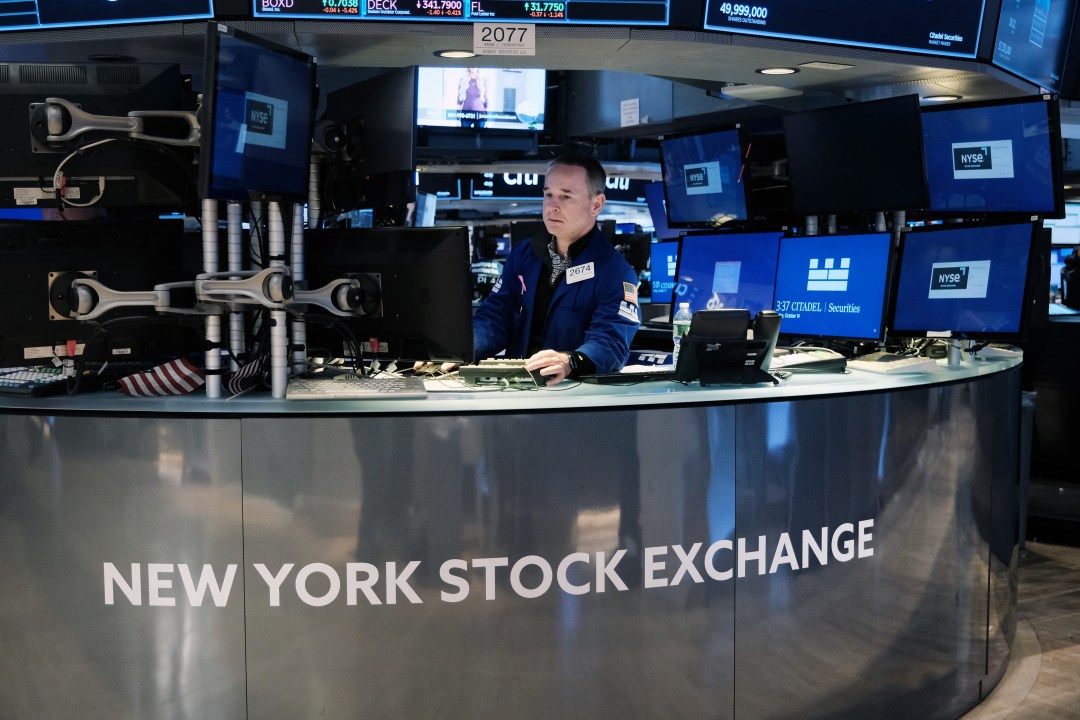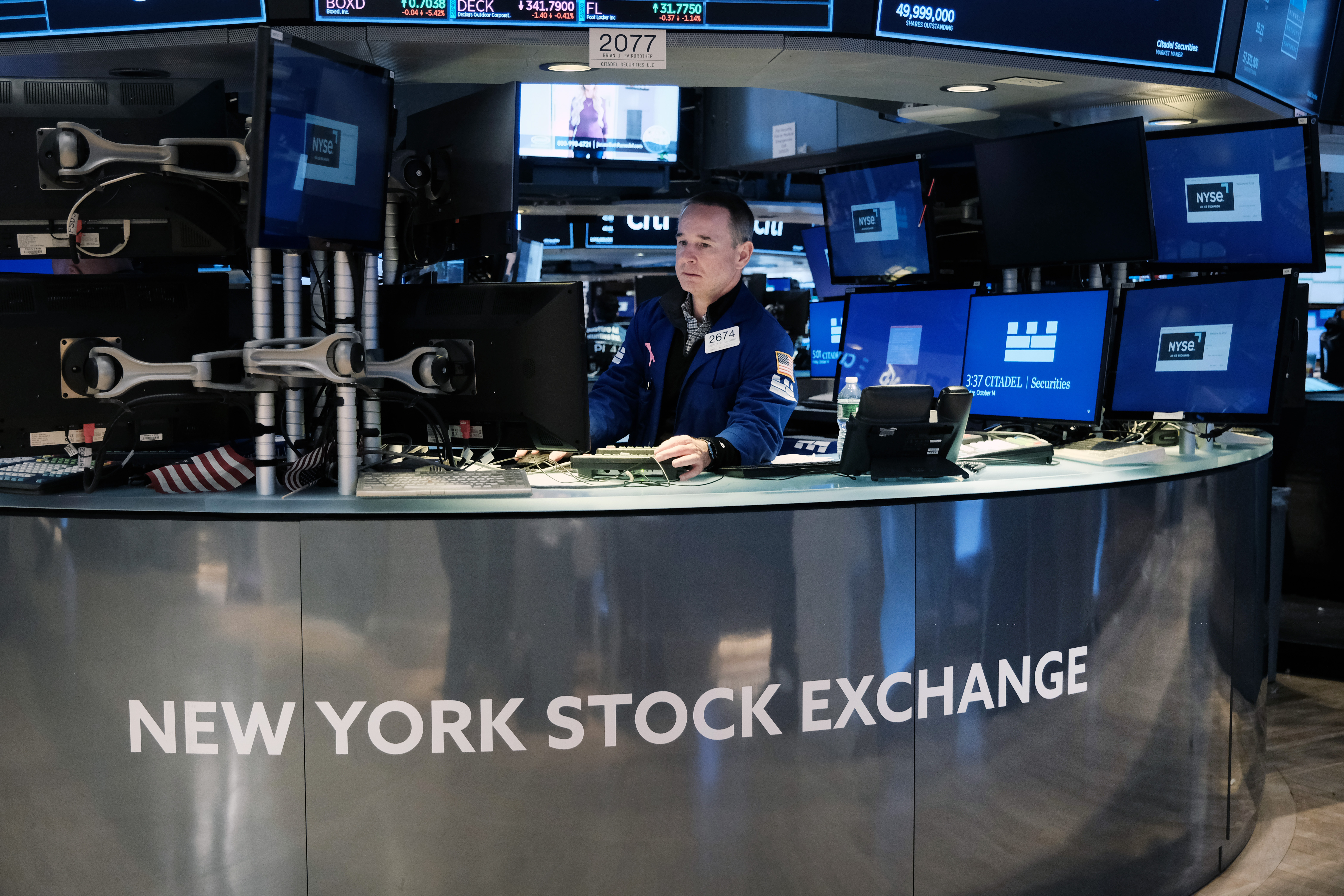If there is anything that the swift overturning of Prime Minister Liz Truss’s purported free market revolution has taught us, it is the utter lack of enthusiasm for economic liberalisation à la Reagan and Thatcher across the West right now.
Yes, the lousy roll-out of the mini-budget by Truss’s now ex-Chancellor Kwasi Kwarteng played a role in the prime minister’s rapid and multiple U-turns. But bad-PR is only part of the story. Many Tory MPs are plainly comfortable with the economic arrangements prevailing in Britain that successive Conservative governments have not challenged since the Tories returned to power in 2010.
For despite the mythologies about nefarious ‘neoliberals’ ruling the world, the truth is that we live in economic conditions in which cronyism, collusion, and corporatism (the three ‘Cs,’ as I call them) are increasingly the norm in Western economies.
People in Britain may say that they despise technocrats, bureaucrats, and civil servants. Yet many of the same voters oppose rolling back the welfare state or challenging the quasi-divine status accorded to Britain’s National Health Service
That’s why some of the richest counties in America are in and around Washington D.C. It’s a city whose lifeblood isn’t private enterprise but rather lobbying and influence-peddling. It’s also why we see a revolving door between government jobs, Wall Street firms, and management consultancy outfits like Goldman Sachs (a.k.a. Government Sachs). That corporatist nexus is where the big money is to be found. Why take the greater risk of being entrepreneurial in the private economy when you can be a wealthy rent-seeker?
Given such sentiments, it takes courage to challenge the cozy relationships between legislators, government officials, lobbyists, well-connected businesses, and regulators that characterises many Western economies. But another factor which is crippling market liberalism these days is the electorate’s disinterest in and even hostility to economic liberalisation agendas.
Among the Tory MPs who opposed Truss’s now-defunct agenda, many clearly lacked confidence in the electorate’s willingness to accept the necessity of market liberalising reforms. Again, this is a broad phenomenon across Western countries.
People in Britain may say that they despise technocrats, bureaucrats, and civil servants. Yet many of the same voters oppose rolling back the welfare state or challenging the quasi-divine status accorded to Britain’s National Health Service. Likewise, there is no shortage of Americans who want lower taxes. Yet plenty of those Americans—including many conservatives—will resist any substantial rollback of the entitlements that they have come to expect as the norm.
This adds up to a distinctly unhealthy set of political and economic conditions that is making the free market case incredibly difficult to sell in our time. In the late-1970s and 1980s, there were political leaders, intellectuals, and many voters fed up with the status quo of high unemployment, inflation, and low growth produced by thirty years of neo-Keynesian interventionism. They were consequently willing to support market-orientated changes. Who and where are those leaders and voters today?
My fear is that many Western economies are sliding into a situation whereby entire constituencies of people now exist who regularly support politicians who promise that, in return for their votes, these groups’ expectations (corporate welfare, bailouts for the ‘too-big-to fail,’ welfare entitlements, etc.) will be met and raised.
The problem is that this isn’t economically sustainable, as these conditions impede the dynamism, competition, and economic growth that delivers long-term prosperity.
Liz Truss recognised that growth must be today’s priority, and that economic liberalisation delivers it. That much of her own party and many right-leaning voters wouldn’t go along with the hard economic changes that so many Western economies desperately need to reignite growth does not augur well for Western nations’ economic future.







Comments